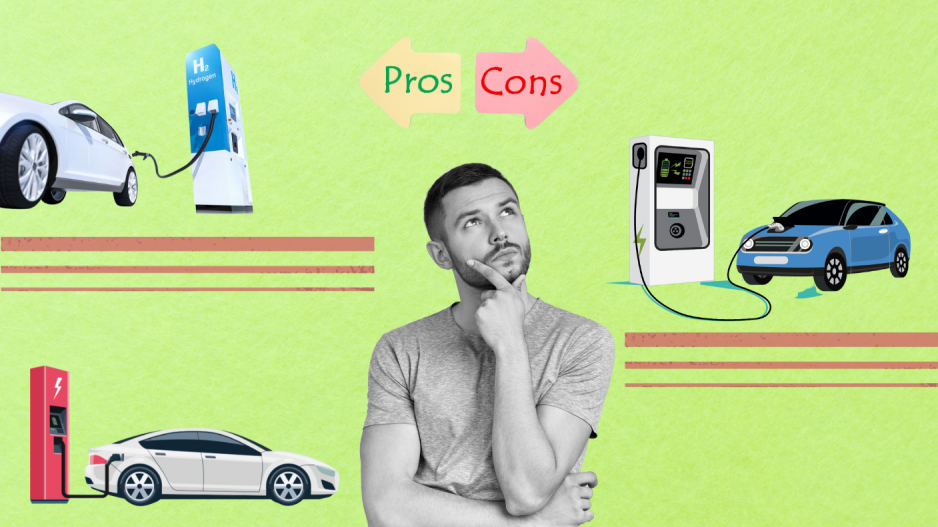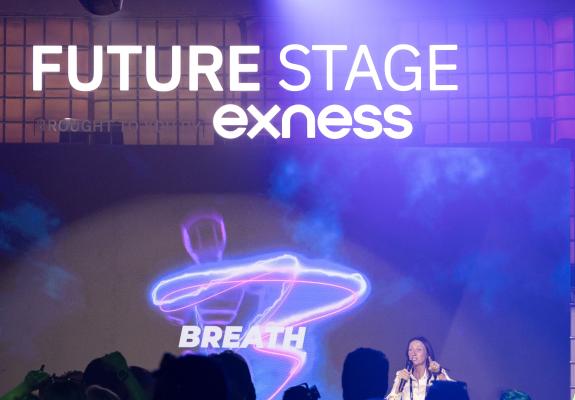Green Giants Unleashed: Electric, Hybrid, or Hydrogen Vehicles?
Navigating the Shift to Alternative Fuel Vehicles
Electric Vehicles (EVs) are rapidly gaining traction in the market. While they may have evoked mixed reactions initially, it is becoming evident that many of us will eventually make the transition to these or other alternative fuel vehicles. The crux of the matter is, how do we navigate this expansive terrain and make informed choices?
The alternative fuel vehicle landscape comprises electric, hybrid, and hydrogen vehicles. Although electric and hybrid vehicles currently dominate the scene, hydrogen vehicles are making headway. Each offers a more sustainable alternative to traditional gasoline-powered vehicles, but they differ significantly in their power sources, infrastructure needs, and efficiency.
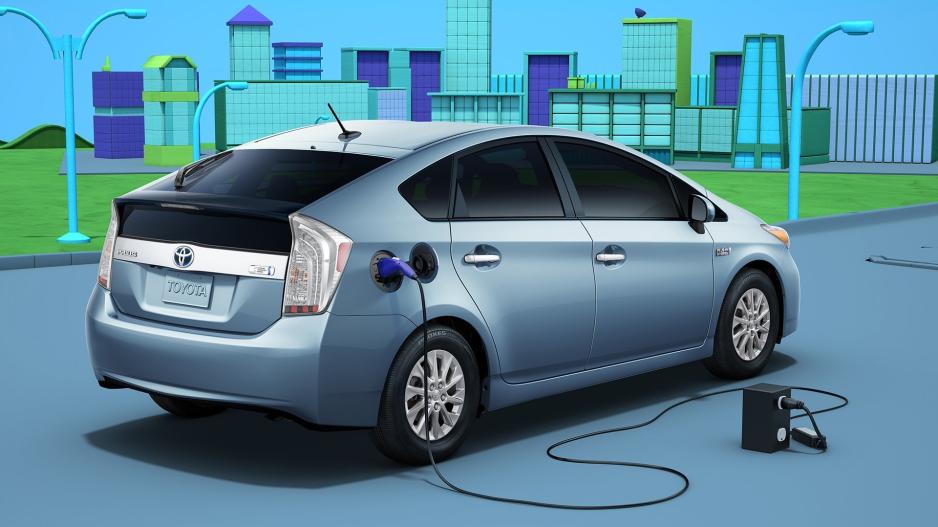
-
Electric Vehicles (EVs): These vehicles rely solely on electricity stored in rechargeable batteries. The stored electrical energy is converted into mechanical energy by electric motors, ensuring a zero-emission drive.
-
Hybrids: They meld the best of both worlds, blending a gasoline-powered internal combustion engine with an electric motor and a battery pack. They alternate between power sources, ensuring optimal fuel efficiency and reduced emissions. The more recent Plug-in Hybrids offer the added advantage of direct battery charging.
-
Hydrogen Vehicles: Using hydrogen fuel cells, these vehicles generate electricity. Stored hydrogen gas reacts with oxygen in the fuel cells, producing electricity that powers the vehicle. Their only emission? Pure water vapor.
-
EVs: The growing network of charging stations in cities, popular locations, and homes is making EV charging increasingly convenient. However, long-distance travel still requires meticulous planning.
-
Hybrids: With the ability to refuel at standard gasoline stations and charge batteries at electric stations, hybrids offer unmatched flexibility in terms of infrastructure compatibility.
-
Hydrogen Vehicles: While strides are being made, the hydrogen refueling network remains nascent. This makes accessibility a challenge when compared to other options.
>> Read more on the Cypriot GreenH2CY project, aiming to produce hydrogen for transportation <<
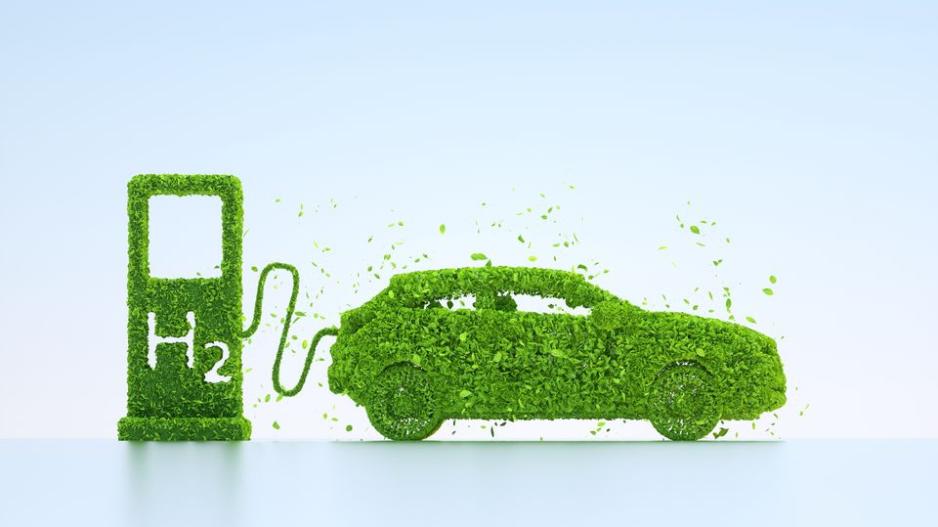
-
EVs: Modern models boast driving ranges exceeding 500 Km on a single charge. However, charging times remain a concern, especially for extended journeys. In regions like Cyprus, the frequent use of air conditioning can also diminish this range.
-
Hybrids: With a driving range akin to traditional vehicles, hybrids ensure quick refueling, maintaining user convenience.
-
Hydrogen Vehicles: These vehicles offer impressive ranges suitable for long-distance travels. Refueling times are on par with gasoline vehicles, creating a familiar experience for drivers.
-
EVs: Known for their swift acceleration due to instant torque and efficiency, EVs provide a pleasant and eco-friendly driving experience. Yet, factors like harsh weather conditions can sometimes hamper their range.
-
Hybrids: These vehicles use their dual-power sources to enhance fuel efficiency. They ensure a smooth drive with reduced fuel consumption without compromising on performance.
-
Hydrogen Vehicles: Boasting efficiencies similar to EVs, their performance hinges on the methods used for hydrogen production and fuel cell conversion.
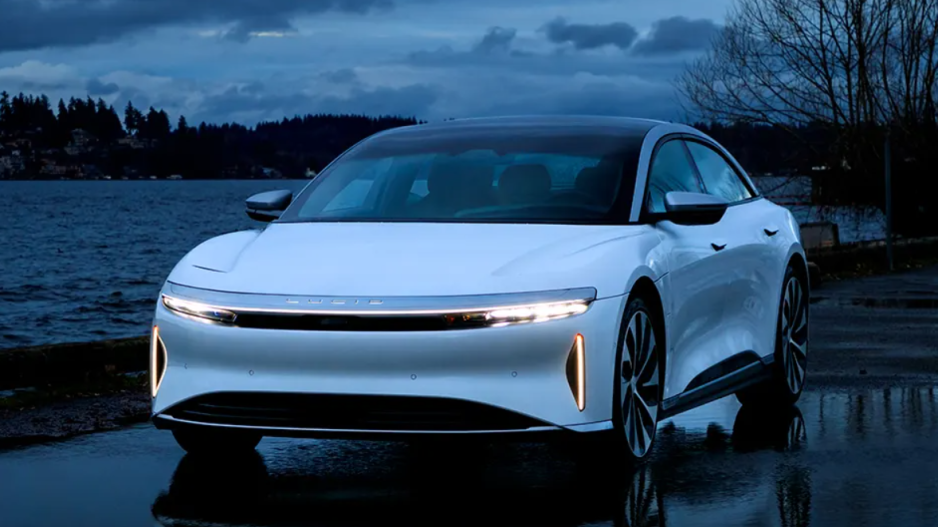
Data from CyStat reveals a paradigm shift in the Cypriot vehicle market. From a mere 0.45% market share for EVs in 2010, it skyrocketed to over 20% by 2022. Notably, until 2013, only pure electric vehicles dominated. However, post-2013, hybrids have been leading the charge.
In 2014, hybrid vehicle sales clocked in at 304 units, overshadowing the 25 units of pure electric vehicles sold. This shift indicated a clear preference for hybrids in Cyprus. Yet, subsequent years witnessed a surge in sales for both vehicle types. By 2022, a whopping 6,914 EVs were sold, marking an exponential growth of over 2,000% within a decade.
Each of these green giants – electric, hybrid, and hydrogen vehicles – offers unique benefits in the quest for sustainable transportation. While EVs lead with zero emissions and a burgeoning infrastructure, hybrids seamlessly bridge the divide between traditional and electric vehicles. Hydrogen vehicles, with their promise of truly emission-free journeys, remain a budding prospect.
As consumers, our choices will be guided by individual preferences, infrastructure readiness, and advancements in renewable energy sources. As we navigate this evolving landscape, we are in for an exhilarating journey into the future of eco-friendly transport.
